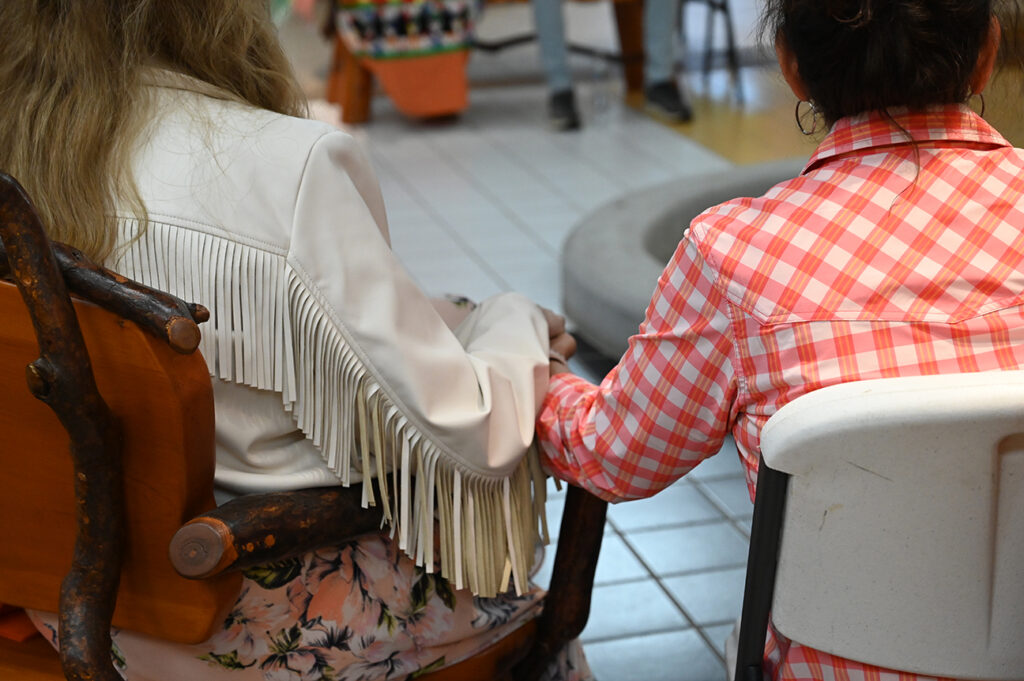
They’ve come from the Turtle Mountain Band of Chippewa. From the Ojibwe and Inupiaq. Smoke rises from bundles of sweetgrass, cedar and sage as they tell their stories of surviving Indian boarding schools.
For some, the recounting is not new. They bring weathered black-and-white family photos to honor relatives lost. Others, until now, have never disclosed their still-raw childhood trauma.
Across the country, a group of traveling Indigenous oral historians are there to listen, and to record these vital first-person narratives. They are part of an ongoing collaboration between the National Native American Boarding School Healing Coalition and the U.S. Department of the Interior. The goal is to more fully document the systemic abuse endured by generations of Indigenous people under the government’s attempts at forced assimilation that began in the 1800s and lasted for over a century.
Ramona Klein, a 77-year-old from North Dakota shared a particularly harrowing memory with the historians, tribal officials and spiritual leaders who gathered in Bismarck, North Dakota in June to support the survivors.
She remembered a “big, green bus.” It carried Klein and her five siblings away from their sobbing mother and the Turtle Mountain Band of Chippewa Indians to the militaristic Fort Totten Indian Boarding School. When the children arrived in 1954, she said, they met a matron who meted out beatings with a wooden paddle that school staff called “the board of education.”
The first-of-its-kind oral history project, underway since March, receives and archives these memories. Three historians and a team of an additional 10 to 12 people have so far visited Indigenous communities in Oklahoma, Alaska, Minnesota, North Dakota, Montana and Michigan, and will continue their work through 2026.
Their holistic approach recognizes that painful narratives cannot be collected without caring for the people who experienced the trauma.
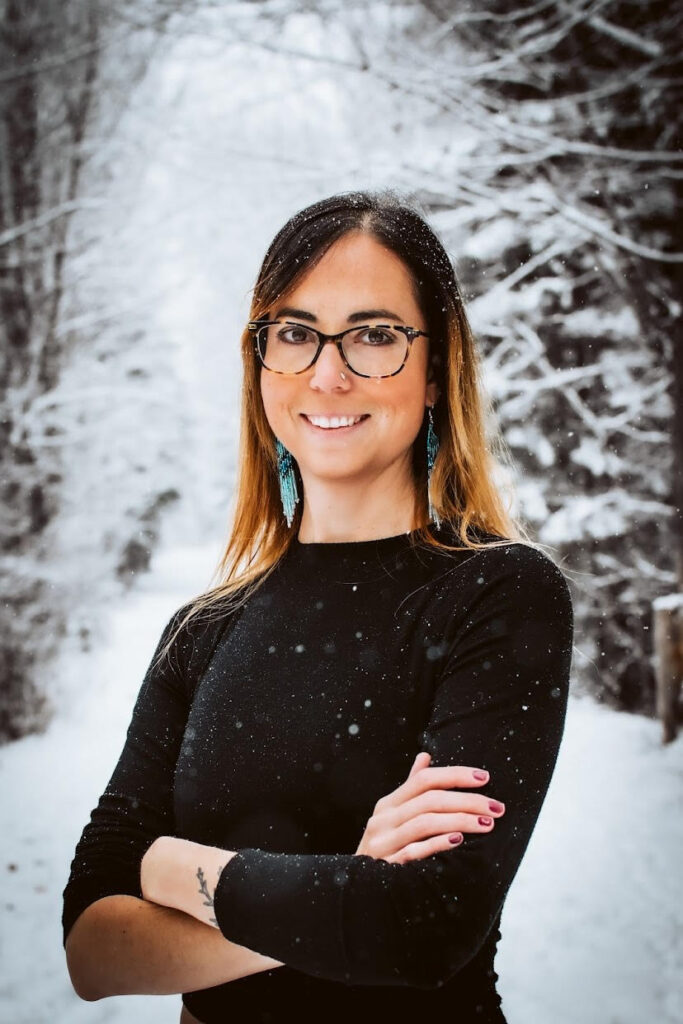
“Many times people feel a sense of lightness after sharing their story,” said Charlee Brissette, a Sault Ste. Marie Tribe of Chippewa Indians tribal member and oral history project team lead. “But everybody’s story is unique, and when it comes to talking about abuse, sometimes they don’t always feel light in that moment.”
In each location, video interviews begin and end in a circle, in accordance with Indigenous practices. Interviewees share in spaces made sacred. An altar set up at each site offers traditional medicine set in an abalone shell alongside eagle and crow feathers. Participants are provided native food reflective of each region — smoked salmon and moose in Alaska and smoked trout in Michigan. Powwow songs, deerskin drumming and other performances are provided by artists including Salish Spirit Canoe Family, Osage Tribal Singers, and the Alaska Native Heritage Dancers.
Indigenous psychologists stand by onsite, ready to suggest a pause for water or nourishment, or some time to decompress at the beading table.
“I don’t know if I would have felt that same sense of healing in the absence of those things,” said James LaBelle. He recounted his time at two Bureau of Indian Affairs schools during his interview in Anchorage, Alaska, in May. “It would have been a stark, cold interview.”
Archiving the legacy
The oral history project is part of the broader Federal Indian Boarding School Initiative — a comprehensive examination into the lingering impact of boarding schools on Indigenous children and their families. Launched in June 2021 by Interior Department Secretary Deb Haaland, the undertaking is being carried out by the same government entity responsible for the creation of the boarding schools. Haaland, of the Laguna Pueblo Tribe, is the nation’s first Indigenous cabinet secretary and herself a descendant of survivors.
The first-ever effort has also included two investigative reports released by the Interior Department in 2022 and earlier this year, as well as a 12-stop Road to Healing tour that offered survivors the opportunity to share their experiences with Haaland and other federal officials.
In 2023, the department granted the National Native American Boarding School Healing Coalition $3.7 million to establish an archive of video interviews with former students — the federal initiative’s final piece. The oral component will complement a database featuring an interactive map of school locations and a timeline of how long schools operated, according to archival records.


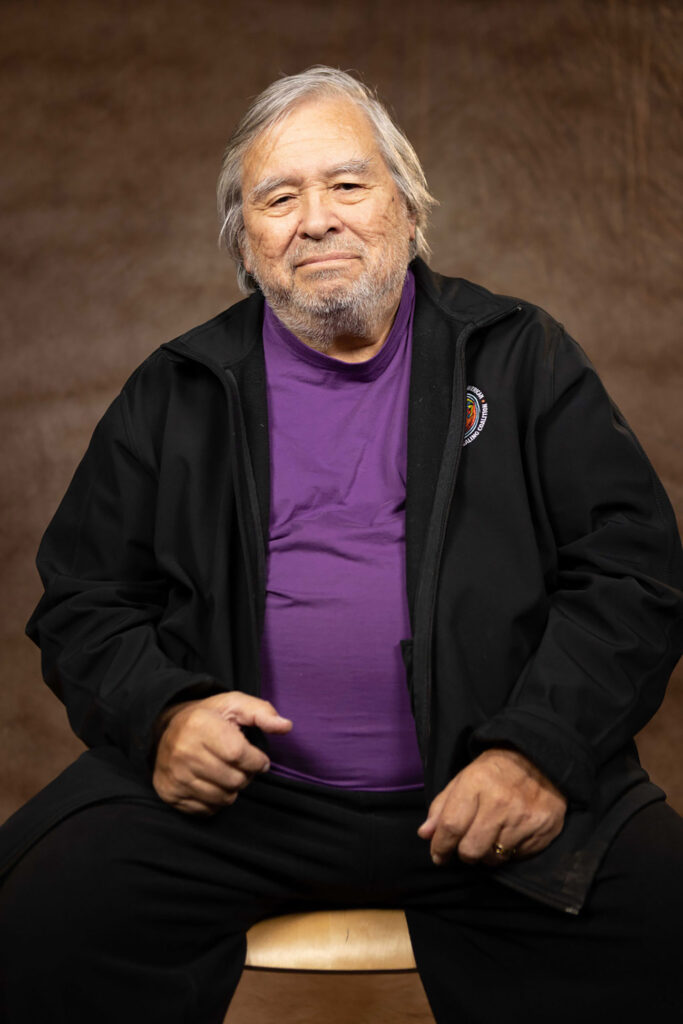
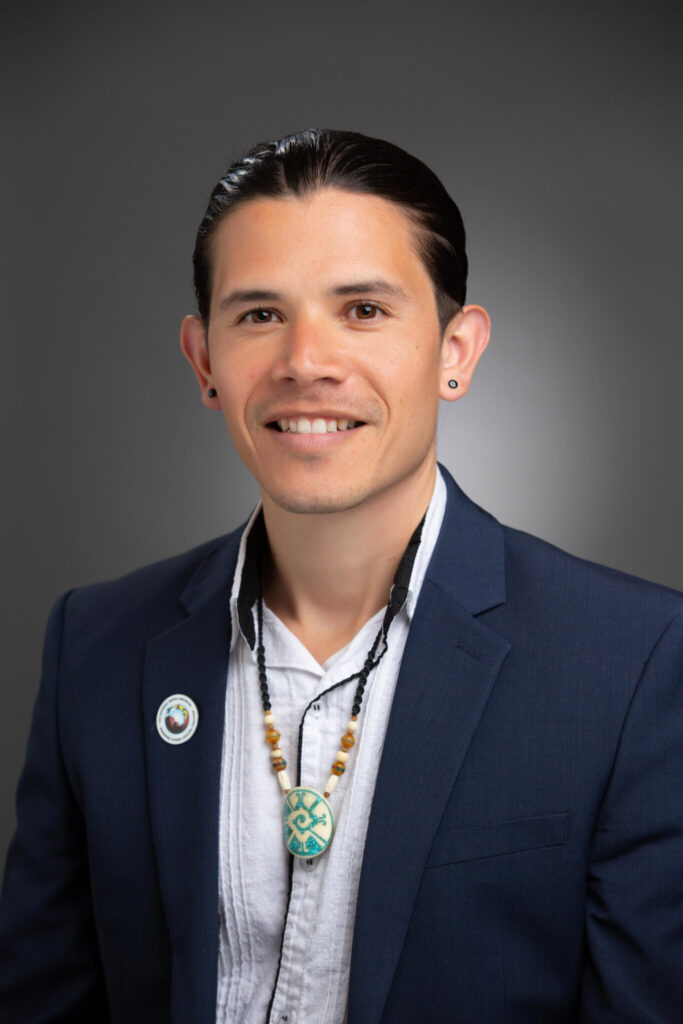
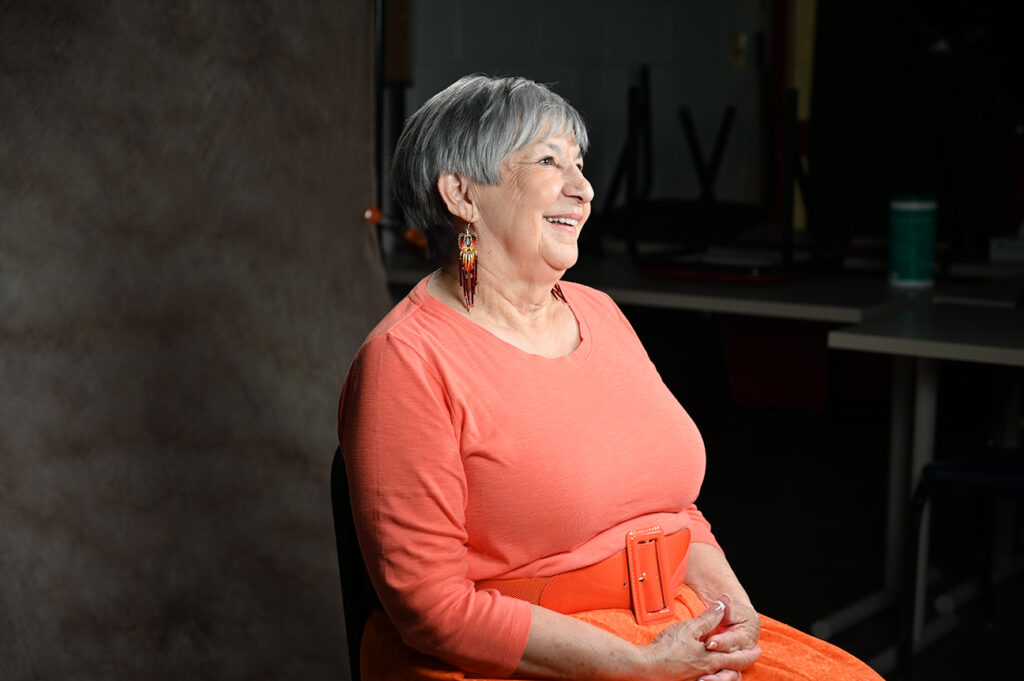




















No comments:
Post a Comment
Please: Share your reaction, your thoughts, and your opinions. Be passionate, be unapologetic. Offensive remarks will not be published. We are getting more and more spam. Comments will be monitored.
Use the comment form at the bottom of this website which is private and sent direct to Trace.